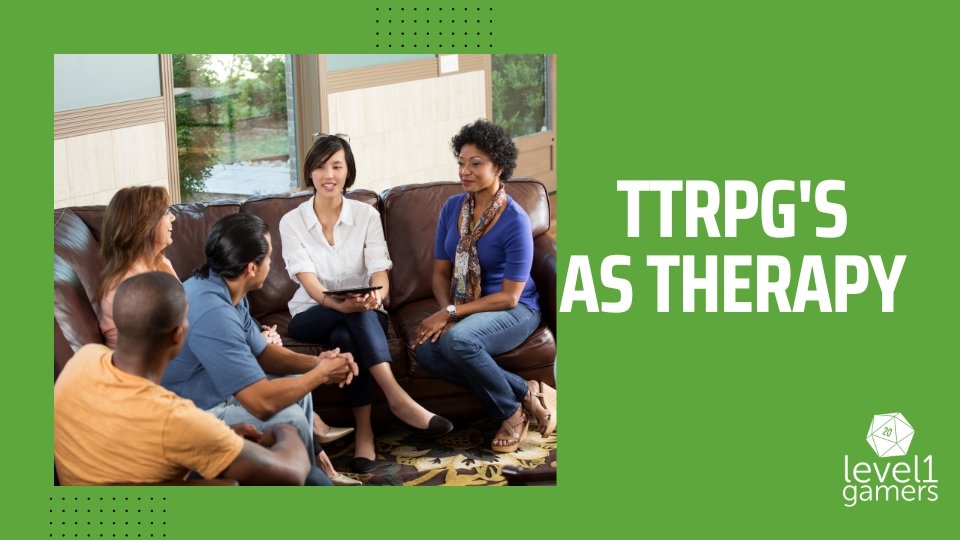Tabletop role-playing games (RPGs) have been around since the 1970s and have been enjoyed by millions of people around the world. However, what many people may not realize is that these games can also be a powerful tool for therapy. In fact, there is a growing body of research that supports the use of RPGs as a therapeutic intervention for a variety of mental health issues, including anxiety, depression, and trauma. Additionally, tabletop RPGs like Dungeons & Dragons can be particularly helpful for members of the LGBTQIA community who are struggling with issues related to their sexual or gender identity.
One of the main benefits of using tabletop RPGs as therapy is that it allows players to explore different aspects of their identity in a safe and supportive environment. For LGBTQIA individuals who may be struggling with issues related to their sexual or gender identity, playing a game like Dungeons & Dragons can be a way to try out different roles and identities in a low-stakes setting. This can help players to gain a better understanding of themselves and their identity, as well as develop the confidence to explore those aspects of themselves in the real world.
Another benefit of using tabletop RPGs as therapy is that it allows players to develop important social skills, such as communication, problem-solving, and collaboration. For individuals who may struggle with social anxiety or difficulty connecting with others, playing a game like Dungeons & Dragons can be a way to practice these skills in a safe and supportive environment. Additionally, playing a tabletop RPG with others can help to reduce feelings of loneliness and isolation, which can be particularly beneficial for members of the LGBTQIA community who may feel marginalized or ostracized.
It's important to note, however, that if you are planning on using tabletop RPGs as a therapy intervention, it's crucial that your dungeon master (DM) be a trained mental health professional. While playing a game like Dungeons & Dragons can be a fun and engaging way to explore different aspects of your identity, it should never be relied upon as a substitute for professional therapy. A trained DM can help to guide players through the process and ensure that everyone feels safe and supported throughout the experience.
In conclusion, tabletop RPGs like Dungeons & Dragons can be a powerful tool for therapy, particularly for members of the LGBTQIA community who are struggling with issues related to their sexual or gender identity. By providing a safe and supportive environment for exploration and development, RPGs can help players to gain a better understanding of themselves, develop important social skills, and reduce feelings of isolation and loneliness.

